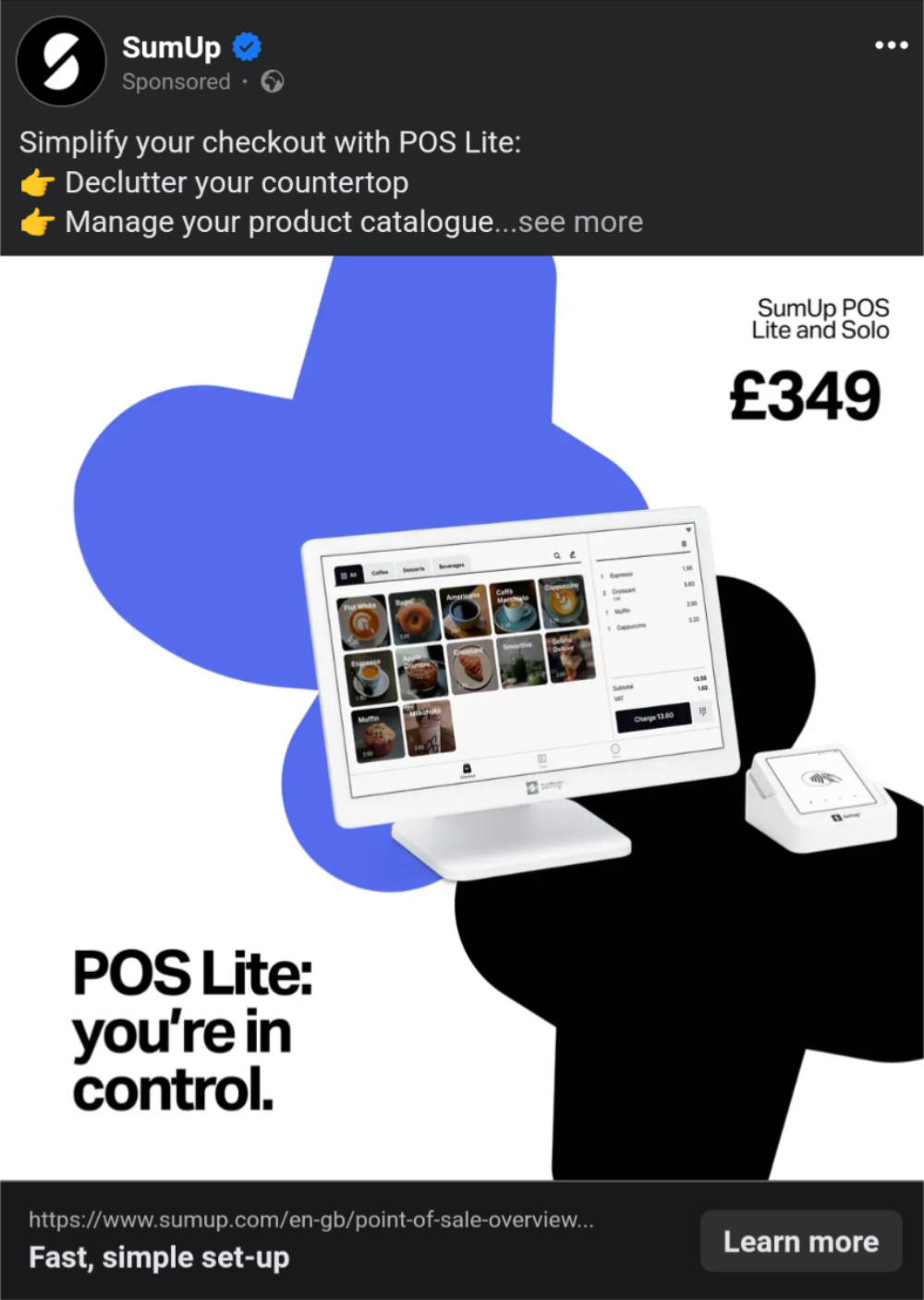Meningspunktet forventes at gå i luften denne uge:
https://
https://
Jeg synes ethvert initiativ er godt, men er skuffet over at disse artikler der snakker om "nye sociale netværk" aldrig nævner fediverset, eller protokoller.
Det her må være den dummeste opfindelse jeg nogensinde er stødt på:
https://
Man bliver oprigtig ked af at læse historier som denne: https://
Jeg bliver ikke overrasket, blot oprigtig ked af det på folks vegne, når de har erklæret deres tillid til FB og lagt alle deres æg i FBs kurv, hvorefter FB så skidder kurven fuld, og sætter ild til den bagefter.
#Facebook
Det er ikke synd for dig | Weekendavisen
Ahmen, der har stort set hver aften i den sidste uges tid på BBCs nyheder, været indslag om Harry og hans bog. Ufatteligt så hårdt det har været for den mand at være ham. Og jeg misunder ham ikke at være Royal, det må faktisk være noget lort, men kan vi ikke lige få lidt perspektiv på det.
Hele "Harry og den onde onde royale familie"-historien lyder mere og mere, som en offentlig kommentartråd på et Facebook-opslag, der burde være taget privat.
Her er f.eks. et eksempel på den gang det virkede med Facebook også (altså, Known krydsposter opslaget på Facebook, brid.gy hiver kommentarer og reaktioner fra FB-spejlingen, tilbage til dit opslag på din hjemmeside:
https://
Facebook lukkede nogle APIer i 2018, så FB-brid.gy gik død. Men jeg kan se, at den gode Ryan Barrett (@snarfed@indieweb.social) sidste år lavede en browserudvidelse der kan løfte opgaven igen: https://
Memorable recommendation in Vox article
This article from Vox is fairly balanced in its assessment of the Facebook/Australia kerfuffle. There are pros and cons to the way Facebook approached this. Some of the media coverage made it sound like Facebook blocked the internet, and were standing between the raw news sources, and their users.
All material was still available from their raw sources, and as one person in the article mentions:
"I would be much more comfortable if all Aussies got their news direct from the source,” he said. “I think this would be best for quality journalism and the strength of our democracy."
The fine gentleman definitely has a point. Too bad that doesn't seem to be the main message carried in most news outlets.
If anything, I think this issue might have helped illustrate the problem that arises when you treat a privately run company as a public utility, and then getting miffed when they begin to make decisions based on profit. What were people expecting would happen?
Getting my personal data out of Facebook
Rubens epic story of trying to get Facebook to comply with his GDPR request. Stil developing
 "/>
"/>